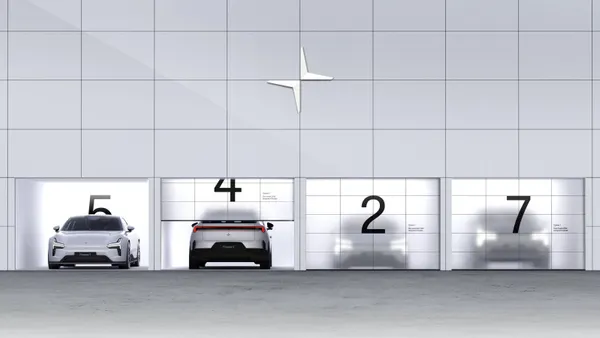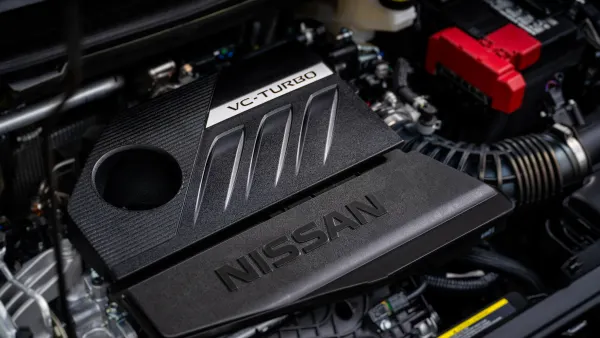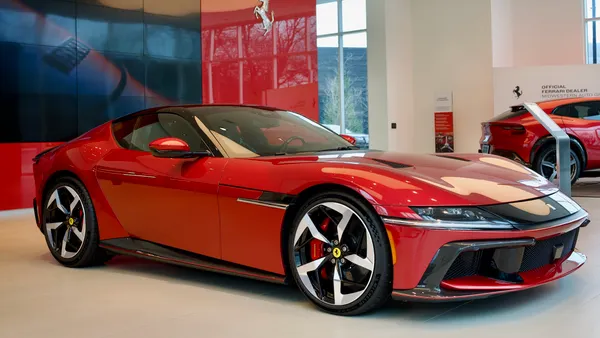Editor's note: This story is part of the WardsAuto digital archive, which may include content that was first published in print, or in different web layouts.
The Malaysian government is looking to confirm up to 7 billion ringgit ($2.2 billion) in new investment from foreign automakers looking to build energy-efficient vehicles (EEVs) by year’s end.
Malaysia is positioning itself as a hub for production of EEVs, which meet defined specifications for carbon-emissions levels and fuel consumption.
Malaysian Automotive Institute CEO Madani Sahari says his organization and the Malaysian Investment Development Authority are conducting a cost-benefit analysis of two companies wanting to build EEVs.
The Star newspaper says the analysis is to assess the companies’ financial ability to undertake the investment.
“Once the cost-benefit analysis is completed, we will present it to the International Trade and Industry Ministry and the Finance Ministry for final approval,” Madani tells the newspaper.
EEVs include fuel-efficient vehicles, hybrids, electric vehicles and alternatively fueled vehicles, including compressed natural gas, liquefied petroleum gas, biodiesel, ethanol, hydrogen and fuel cell.
Madani says national automaker Perodua is spending MYR3.5 billion ($1.1 billion) to build a new factory and to expand its existing plant, while Mazda will dole out MYR700 million ($218.4 million) to expand its factory to increase both domestic and export operations.
Malaysian-owned Go Automobile Mfg., in partnership with China’s Great Wall Motor, is the first company to be granted an EEV license under the government’s new National Automotive Plan.
Go Automobile plans to spend MYR2 billion ($624 million) to manufacture EEVs in a 3-phase program that will be completed in 2018. Initially, it will invest MYR150 million ($46.8 million) in EEV production later this year. The second phase boosts production capacity to 50,000 units by mid-2015. The final phase, with a capacity of 100,000 units, is set to be reached in 2018.








